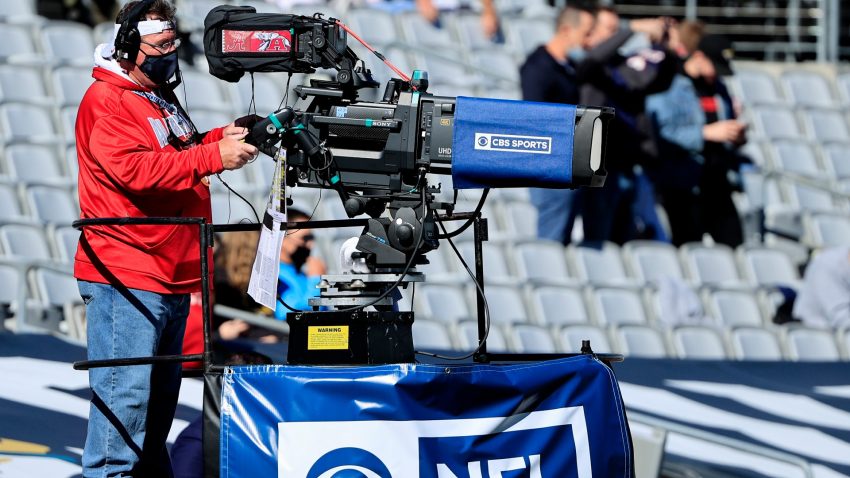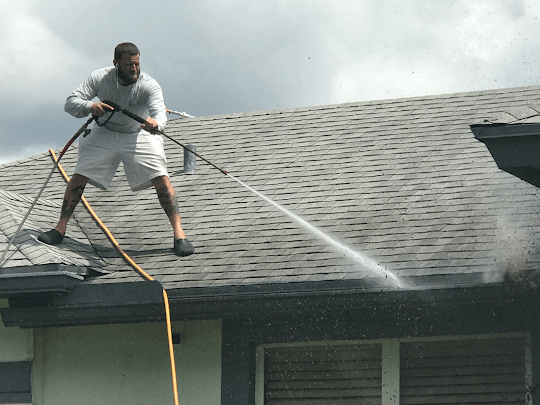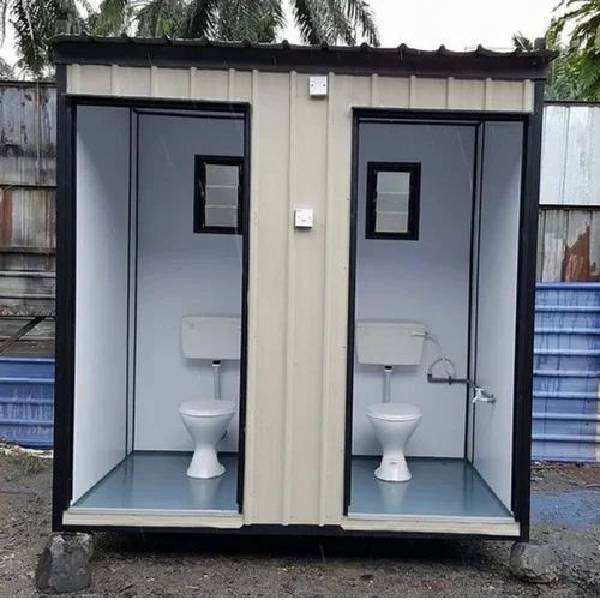Script analysis is an indispensable tool for honing storytelling techniques, as it allows writers and creators to dissect narratives, characters, themes, and structures with precision. By scrutinizing various elements of a script, storytellers can glean insights into what makes a compelling story tick and apply those insights to their own work. Here’s a breakdown of how script analysis can be employed to enhance storytelling prowess. Firstly, a thorough examination of the script’s plot is essential. This involves identifying key plot points, understanding the story’s overall arc, and analyzing the pacing of events. By deconstructing the plot, storytellers can discern effective narrative strategies such as the use of tension, conflict, and resolution. They can also identify any potential plot holes or inconsistencies that may need addressing in their own narratives. Character analysis is another crucial aspect of script analysis. This entails delving into the motivations, traits, and development of each character in the script.

By understanding what drives the characters and how they evolve over the course of the story, storytellers can create more nuanced and relatable characters in film script coverage. Additionally, studying the relationships between characters can provide valuable insights into interpersonal dynamics and conflict generation. Furthermore, script analysis involves examining the themes and underlying messages conveyed in the story. By identifying the central themes and motifs, storytellers can explore universal truths and resonate with audiences on a deeper level. They can also gain inspiration for constructing their own narratives around similar themes or topics. In addition to dissecting the content of the script, it is crucial to analyze the script’s structure and formatting. This includes studying the use of dialogue, action, and description to create vivid and immersive scenes. By examining how scenes are constructed and transitions are handled, storytellers can improve the flow and pacing of their own narratives.
Moreover, analyzing the formatting of the script can provide insights into industry standards and best practices for scriptwriting. Beyond the content and structure of the script, it is also valuable to consider the context in which the script was created. This involves researching the background of the writer, understanding the cultural and historical influences that shaped the story, and examining the intended audience. By contextualizing the script within its broader cultural and historical milieu, storytellers can gain a deeper appreciation for its significance and relevance. Overall, script analysis offers a comprehensive framework for improving storytelling techniques. By deconstructing scripts to examine plot, characters, themes, structure, and context, storytellers can gain valuable insights and inspiration for their own creative endeavors. Whether aspiring to write screenplays, novels, or any other form of narrative, the principles gleaned from script analysis can serve as invaluable tools for constructing compelling stories that resonate with audiences.







